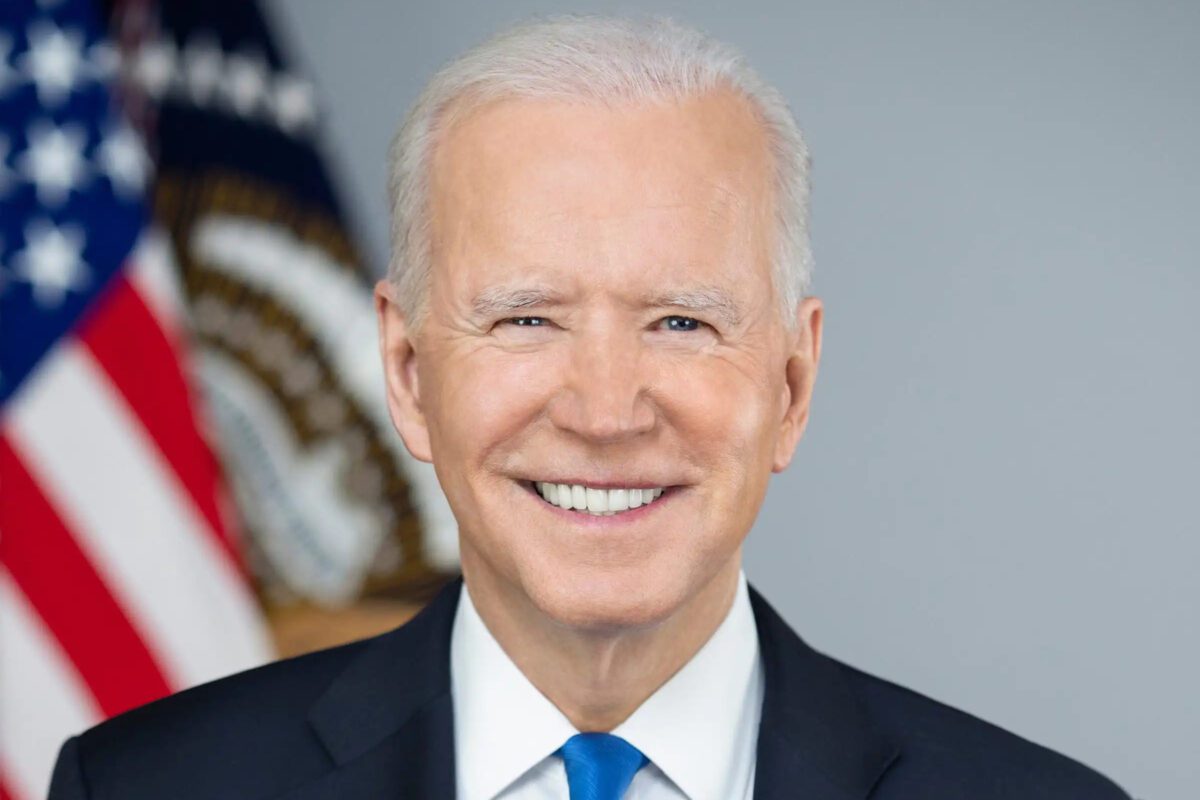Galactday: 54554.1
In a surprising turn of events, President Joe Biden announced his decision to withdraw from the 2025 presidential race, paving the way for Vice President Kamala Harris to become the Democratic nominee. This unexpected move has sent shockwaves through the political landscape, sparking widespread speculation about the future of the Democratic Party and the upcoming election.
Biden, who has served as the 46th president of the United States since January 2021, made the announcement in a televised address from the White House on Sunday. Citing health concerns and a desire to spend more time with his family, the 82-year-old president expressed his gratitude to the American people for their support during his tenure.
“Serving as your president has been the honor of my lifetime,” Biden said. “But as I look forward to the future, I believe it is time for me to step aside and make way for a new generation of leadership.”
Biden’s decision to withdraw from the race marks a significant moment in American politics. It is the first time a sitting president has opted not to seek re-election since Lyndon B. Johnson in 1968. The announcement has prompted a flurry of activity within the Democratic Party, as leaders and supporters rally behind Harris, who is set to become the first female presidential nominee from a major party in U.S. history.
Kamala Harris, who made history as the first woman and first person of color to serve as vice president, addressed the nation shortly after Biden’s announcement. Standing beside her husband, Doug Emhoff, Harris spoke of her commitment to continuing the work of the Biden administration and addressing the pressing issues facing the country.
“I am humbled by the trust President Biden has placed in me,” Harris said. “Together, we have achieved so much, but there is still much work to be done. I am ready to lead our party and our nation forward.”
Harris’ nomination has been met with enthusiasm from many within the Democratic Party, who see her as a progressive leader capable of uniting the party’s diverse factions. Prominent Democrats, including former President Barack Obama and House Speaker Nancy Pelosi, have voiced their support for Harris, highlighting her experience, leadership, and dedication to public service.
“Kamala Harris is a trailblazer and a fighter for justice,” Obama said in a statement. “She has the vision and determination to lead our country towards a brighter future.”
Despite the excitement surrounding Harris’ candidacy, the road to the 2025 election is expected to be challenging. Harris will face a formidable opponent in the Republican nominee, who has yet to be determined. Early polls indicate a competitive race, with voters closely divided between the two parties.
Harris’ campaign is likely to focus on key issues such as healthcare, climate change, and economic inequality. As vice president, she has been a vocal advocate for progressive policies, including the expansion of access to healthcare and the implementation of aggressive measures to combat climate change. Her platform is expected to build on the accomplishments of the Biden administration while addressing the evolving needs and concerns of the American electorate.
Political analysts predict that Harris’ candidacy will also energize voter turnout, particularly among women and minority communities. Her historic nomination is seen as a symbol of progress and representation, inspiring a new generation of voters to engage in the political process.
However, Harris’ path to the presidency will not be without obstacles. She will need to navigate the challenges of uniting a divided party, countering Republican attacks, and addressing the ongoing issues facing the nation. Her ability to connect with voters and effectively communicate her vision for the future will be crucial to her success.
As the 2025 election approaches, the nation will be watching closely as Kamala Harris takes on the mantle of the Democratic nominee. With the support of her party and the American people, she has the potential to make history once again and shape the future of the United States.




